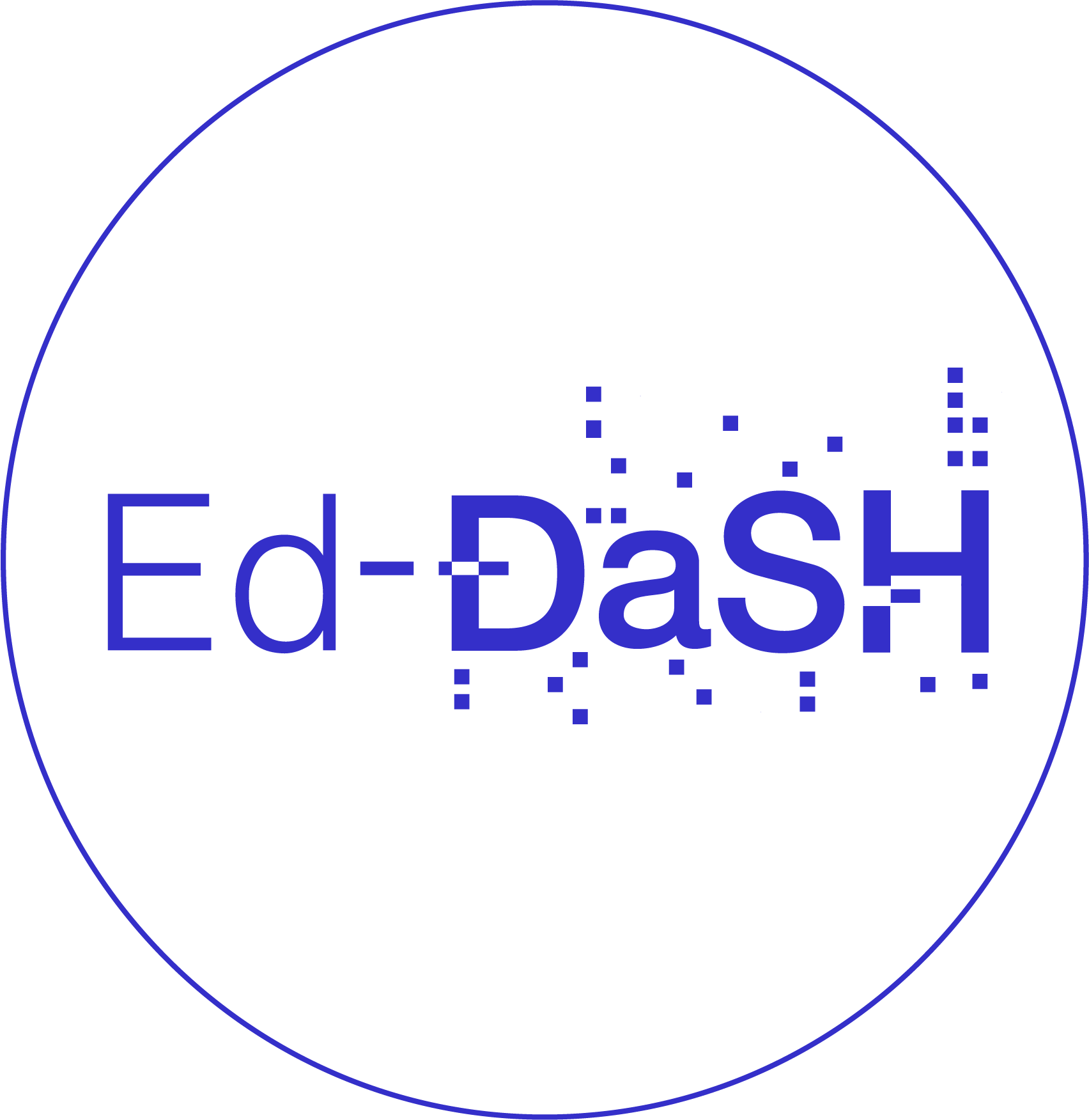Shania Wang (she/her) - junior postdoc
Shania is starting her first postdoctoral stay. She has recently obtained a PhD in Plant Biology and is very skilled in running plant molecular and physiology experiments. She recently published her first publication, but found the process of preparing all the figures and required information for the publisher as super tedious and time consuming. As a postdoc, she must find an effective way to organise her own research project and the PhD students she is going to supervise.
She is interested in being able to share her ongoing research notes with other lab members. She has never heard the acronym FAIR before, and the word metadata currently scares her.
This workshop will teach her why data management is important for research and how it can help her save time and become more efficient. She will understand how she can benefit from Open Science and FAIR principles. She will learn about how to use electronic lab notebooks (ELNs) to share experimental notes with other lab members, how to find suitable repositories for her data and how to describe the data in a standard way. And… she will stop fearing metadata!
Guillermo Puertas (he/him) - lab manager
Guillermo is a lab manager. He makes sure the lab is running smoothly and no reagents are ever missing. He helps with budgets, project management, organizes lab meetings, oversees lab training and is (occasionally) involved with doing experiments especially protocols optimisation. He has no programming skills but has extensive expertise with office and data analysis software, and online database searches.
He finds it challenging to be on top of the constant flow of new student and postdocs projects, and how much time he spends in handing over projects to new students. His biggest nuisance is reviving of old projects and chasing both datasets and samples. Sometimes he feels frustrated that he cannot get independent credit for all his work as he always must wait to be included as a co-author of publication.
This workshop will help him learn efficient ways to organize a lab project from start to finish by implementing FAIR principles into the research data cycle. He will learn how to effectively manage protocols and get the credit by sharing them. He will learn how to standardize data descriptions in the lab.
Kavindra Anand (they/them) - senior postdocs
Kavindra is a senior systems biology postdoc, trained in both experimental and theoretical work. They are very skilled at the bench, they routinely create new transgenic constructs and test them with molecular biology techniques. They have a keen interest in bioinformatics and computational modelling. They can easily write and debug Python and R scripts to analyse, model and visualise their (and their teammates) data. They have heard about the concepts of Open Science, FAIR principles but have never applied them to their projects before.
They want their work to have the highest impact possible to improve their chances in obtaining an independent position. They are annoyed at how much time they spend bouncing emails with data and results files every time a group member needs them to reanalyse data. They believe their gene expression datasets could be used for machine learning, but they have no time to learn it by themselves.
This workshop will teach them how adopting Open Science and FAIR practices will boost their academic visibility. They will learn how data management practices can save them time when collaborating within their group and enable others to reanalyse their own data.
